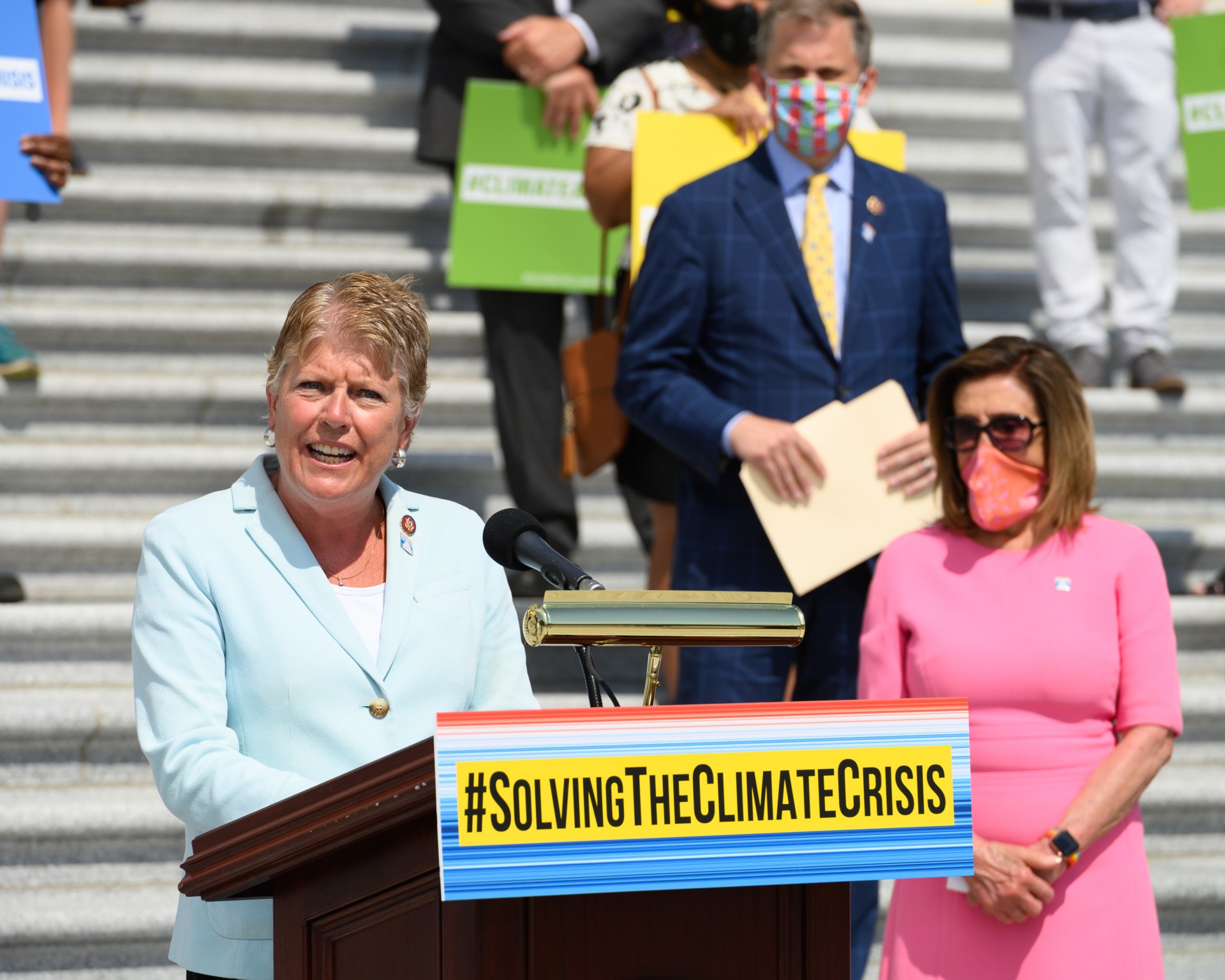
Washington, DC – Today, Congresswoman Julia Brownley (D-CA) and Congresswoman Chellie Pingree (D-ME) introduced the Cultivating Organic Matter through the Promotion Of Sustainable Techniques (COMPOST) Act, legislation that recognizes the environmental benefits of composting and establishes composting as a conservation practice for U.S. Department of Agriculture (USDA) conservation programs.
“While several states already have programs that recognize the many benefits of composting, there is no federal policy to encourage or provide sufficient resources to move a national composting effort forward,” said Congresswoman Julia Brownley. “With food production and subsequent food waste contributing immensely to greenhouse gas emissions, many states without clear composting guidelines or practices have fallen behind in the collective effort to meet our 2050 net-zero emission goals.”
“We must continue to take bold action in the fight to lessen the impacts of climate change and protect our resources and our environment for future generations,” continued Brownley. “My bill seeks to do just that by incentivizing farmers to implement more sustainable farming practices like composting. Expanding access to composting practices is of immense value to farmers who rely on soil health and the climate resiliency of their land, both of which are strengthened through composting. And, by diverting food and organic waste from going to the landfill and being incinerated, the expansion of composting practices helps support our local environment, local jobs, and local, healthy food production, making this legislation a true win-win for our communities.”
“Wasted food doesn’t just fill up landfills—it fuels the climate crisis. As co-founder of the bipartisan Congressional Food Recovery Caucus, I’m proud to support Congresswoman Brownley’s legislation to expand composting through conservation programs at the Department of Agriculture,” said Congresswoman Chellie Pingree. “This is a commonsense step toward a more sustainable food system.”
Background
Composting is one of the most environmentally friendly means of disposing of food waste and other organic waste. Not only does composting emit a smaller quantity of greenhouse gases compared to alternative disposal methods, it also yields a valuable soil additive that enhances soil health, which in turn makes the soil a better absorber of carbon, while also making the land more resilient to climate change-fueled disasters like wildfires and floods. Additionally, while there is growing interest by individuals and businesses across the country to compost food scraps and compostable packaging, there is not enough composting infrastructure in the U.S. to meet this demand.
Unfortunately, under current law, this important conservation practice is not eligible for federal funding or assistance. In fact, composting is not an approved conservation practice (like cover crops or no-tilling systems) for USDA conservation programs, including under the Conservation Stewardship Program (CSP) or the Environmental Quality Incentives Program (EQIP).
This bill would add composting as a conservation practice for USDA conservation programs. Both the act of producing compost from organic waste and using compost on a farm would qualify as a conservation practice.
Read the full text of the bill here.
###
Issues: 119th Congress, Environment